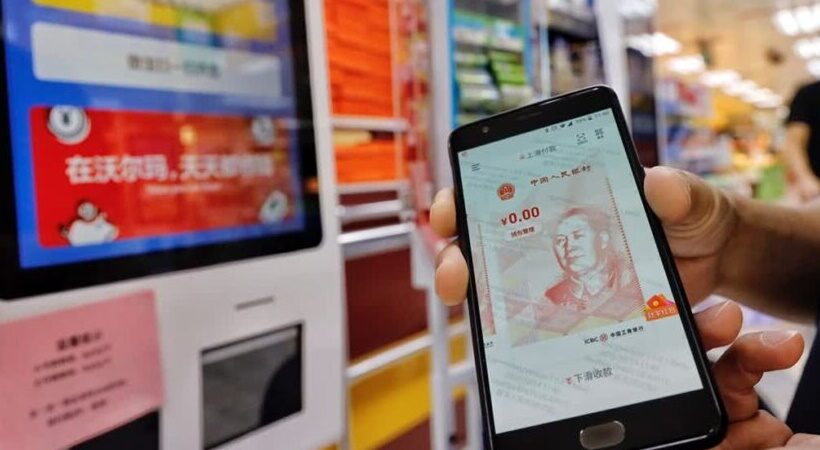At the Winter Olympic Games in Beijing in 2022, the world encountered China’s first official digital currency- the digital yuan.
Officials from the People’s Bank of China (PBoC) were quoted in a Reuters report saying that 2022 Winter Olympics participants, tourists, and organizers may spend $300,000 or more each day in China’s digital yuan.
The Olympics boost the adoption of digital currencies:
In the newest pilot program during the Beijing Winter Olympics, the Chinese central bank (PBOC) reportedly uses China’s new digital currency, the e-CNY, to make at least 2 million yuan ($315,761) worth of payments per day.
The Digital Currency Research Institute director-general, Mu Changchun, revealed the information during an Atlantic Council webinar. He said:
My rough estimate is that several or a few million digital yuan are paid each day, but I don’t have the exact figures yet.”
As well as a large number of attendees at the Games, it can be used by athletes, coaches, and journalists around the globe via smartphone apps, physical payment cards, or wristbands. Changchun said that foreign users appear to be using hardware wallets, while domestic users are mostly using software wallets.
Considering the fact that overall digital yuan transaction volumes had reached $13 billion by November 2021 since the Chinese CBDC first opened in April 2020, the volume represents a significant contribution to the expansion of the Chinese CBDC.
For the 2022 Winter Olympics, the Beijing Olympic Committee has widely promoted the adoption of the Chinese CBDC.
China’s tech heavyweights, including WeChat and JD.com, have recently joined the e-CNY mass retail trial.
In 2019, China completed its CBDC development, and the government has been evaluating its application for the retail market for the previous two years. The CBDC pilot program began as a government employee travel subsidy and has since grown to cover millions of people and businesses across the country.
Zou Lan, director of PBOC’s financial markets department, says that cumulative e-CNY transactions totalled 87.57 billion yuan ($13.68 billion) at the end of the last quarter. About 10 million retailers had already activated digital yuan wallets by the end of October 2021.
Security concerns with e-CNY:
Despite this, the availability of the e-CNY at the Games has raised some concerns regarding the security and privacy of data.
The Deputy Chairman of the Senate Select Committee on Intelligence and Republican senator from Florida, Marco Rubio, wrote to President Biden’s administration last month: A message asking what is being done to protect athletes from “surveillance and manipulation”, calling the digital yuan a “tremendous security threat to individual users.”
One of Britain’s top espionage officials, Jeremy Fleming, argued in a December interview with the Financial Times that digital currencies offered the terrific potential to democratize payment systems but that the technology may also allow Beijing to monitor users and exert control over them. Security of personal information is a top priority for the PBOC, which oversees the e-CNY.



















